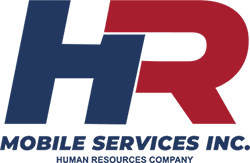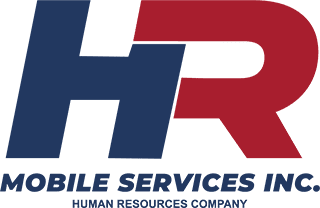Over the weekend of October 9th, this year’s legislative session officially ended with Governor Newsom signing the last batch of bills for the state. At HR Mobile Services, Inc., we make sure your business is protected from any unexpected issues. Because of this, we’ve decided to provide a quick look at some of the new employment laws that employers should be aware of going into the new year.
AB 1033 continues to expand the California Family Rights Act (or CFRA) by clarifying that employees can take family and medical leave to care for a parent-in-law with a severe health condition. It also makes participation in the small employer (5 to 19 employees) mediation program a prerequisite to employees filing civil action related to the CFRA.
SB 275, a law established to create a state stockpile in the event of a pandemic, is now being updated to include wildfire smoke events as a health emergency, with agricultural workers being listed as essential workers. Employers should keep in mind that Cal/OSHA will now be paying closer attention to wildfire smoke training because of this, with additional updates sure to come in the wake of the near 3 million acres burned across the state.
Cal/OSHA will also have new tools to approach employers with as well, as SB 606 creates grants the organization the power to create additional citations under two specific categories: enterprise-wide and egregious.
- Enterprise-wide violations cover employers with multiple worksites and are issued if Cal/OSHA can find evidence of any written policy or procedure that violates safety rules. The division can also give this violation if they have proof of a pattern or practice. These citations will carry the same penalties as repeated or willful citations, going up to $134,334 per violation.
- Egregious violations are put into place if the division believes that an employer has willfully violated an occupational safety or health standard, order, special order, or regulation. This could be costly for employers, as each instance of an employee exposed to that violation is to be considered a separate violation in regards to fines and penalties.
However, the upcoming changes to Wage Enforcement may potentially be the most important to keep in mind. AB 1003 makes the intentional theft of wages, benefits, or compensation greater than $950 for one employee or more than $2,350 for two or more employees over the span of 12 consecutive months punishable as grand theft and chargeable as a misdemeanor or felony.
Intentional wage theft is defined as more than just withholding pay by the law and can include the following:
- having unauthorized deductions from paychecks
- not accruing or not allowed to use paid sick leave
- not being paid promised vacations or bonuses
- not being paid split shift premiums
- not receiving final wages on time
- not receiving reporting time pay
- failure to provide timely access to personnel files and payroll records
- not being allowed to take meal breaks, rest breaks, and/or preventative cool-down breaks
- being paid less than minimum wage per hour
As the year comes to a close, we will be tracking updates on these laws and any other potential hot topics like COVID-19. If employers have any concerns about any of the listed items, please reach out to the HR Mobile Services, Inc. legal team at 877-734-7677.


